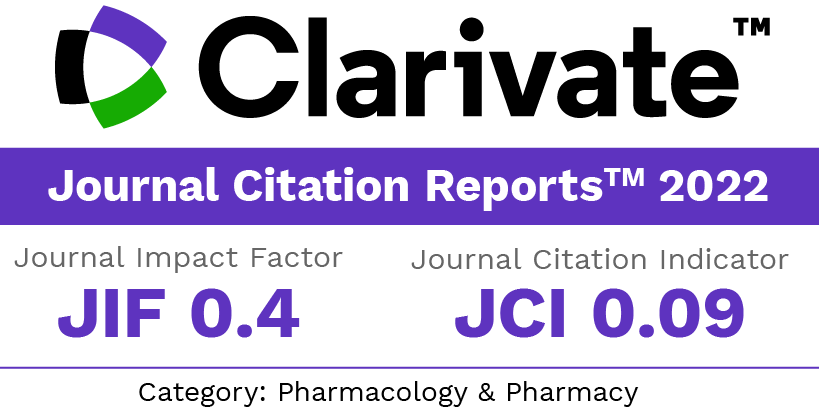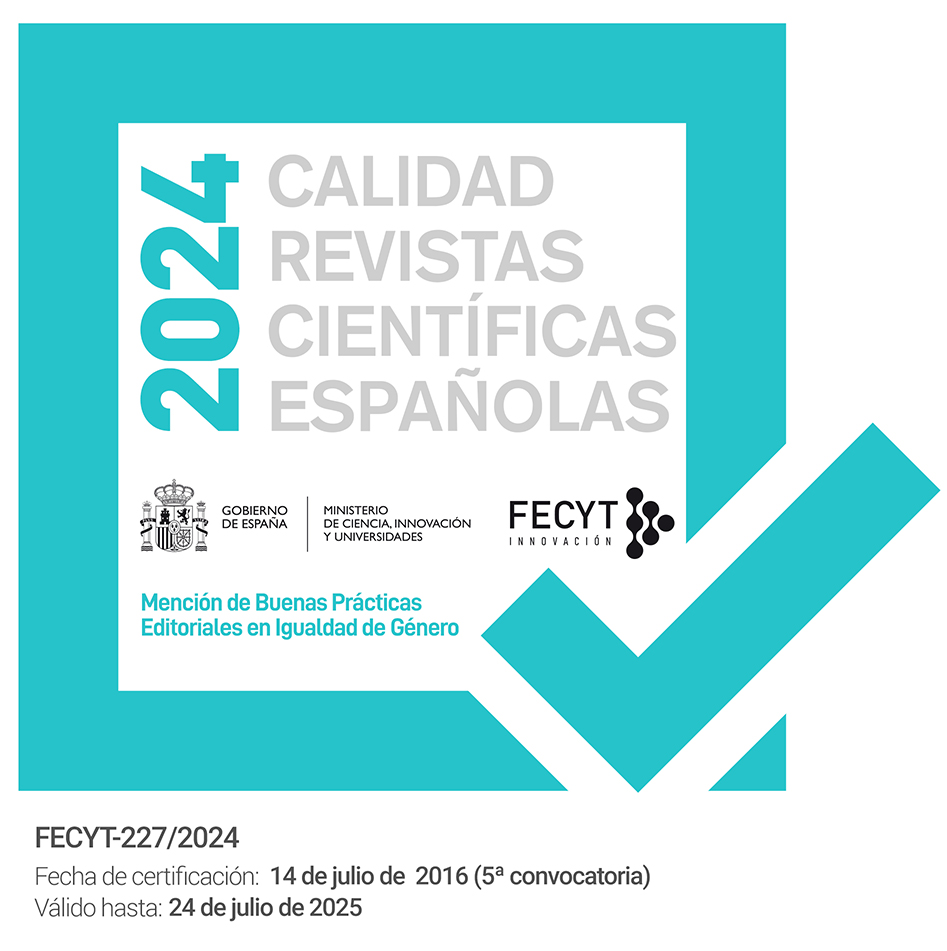Español
Abstract
Nucleotides play key roles in all living organisms. The diet contains relatively high levels of free nucleotides and nucleic acids which can be used as building blocks for cell nucleotides mainly in tissues with a rapid tumover. Human milk represents the exclusive source of nucleotides in early life. In this period nucleotides inhance the bioavailability of iron and stimulate the growth of intestinal bifidobacteria limiting that of enterobacteria. Moreover, dietary nucleotides increase high density lipoprotéins levels and Apo A-I and Apo A-IV in newbom infants. Furthermore, dietary nucleotides modulate the immune system both in experimental animals and humans stiIpulating the lymphoproliferative response of T cells against mitogens and enhancing the in vivo and in vitro production of immunoglobulins. In addition, dietary nucleotides are preferently utilized in tissue repair after injury particularly in those tissues exhibiting a high tumover. Thus, nucleotides improve the small intestinal repair after a process of chronic diarrhoea and malnutrition and reduce the prevalence and duration of chronic diarrhoea in infants. Moreover, they increase the recovery of hepatic lessions induced by the intake of thioacetamide in experimental animals.
Downloads
Downloads
Published
How to Cite
Issue
Section
License
The articles, which are published in this journal, are subject to the following terms in relation to the rights of patrimonial or exploitation:
- The authors will keep their copyright and guarantee to the journal the right of first publication of their work, which will be distributed with a Creative Commons BY-NC-SA 4.0 license that allows third parties to reuse the work whenever its author, quote the original source and do not make commercial use of it.
b. The authors may adopt other non-exclusive licensing agreements for the distribution of the published version of the work (e.g., deposit it in an institutional telematic file or publish it in a monographic volume) provided that the original source of its publication is indicated.
c. Authors are allowed and advised to disseminate their work through the Internet (e.g. in institutional repositories or on their website) before and during the submission process, which can produce interesting exchanges and increase citations of the published work. (See The effect of open access).


















